Find out if a 1000W solar system is enough to run your fridge, lights, and laptop in Europe. Includes power usage estimates and battery pairing advice.
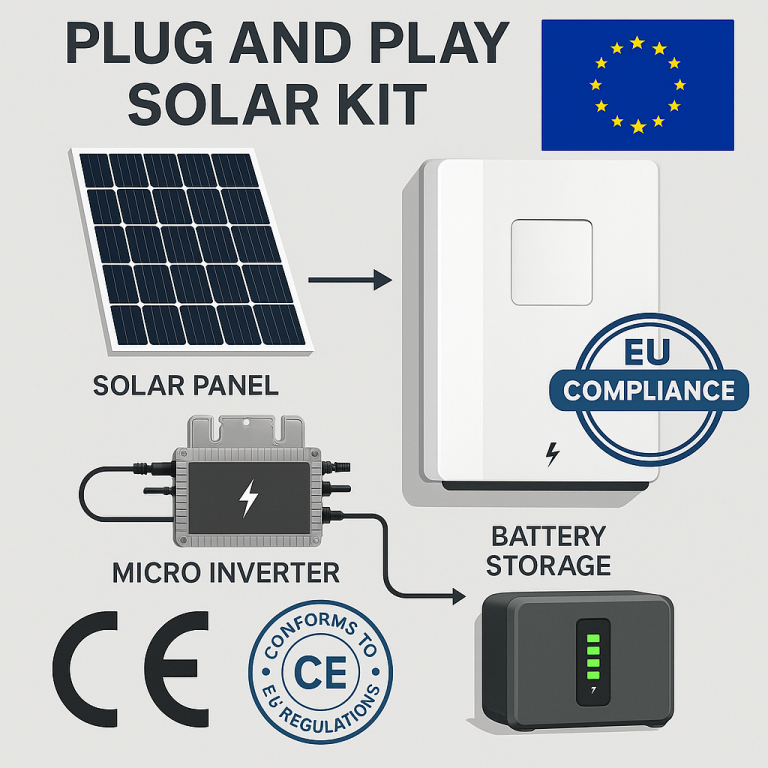
Learn what CE certification means for plug-and-play solar kits in Europe. Includes required directives, testing, labeling, and importer obligations.
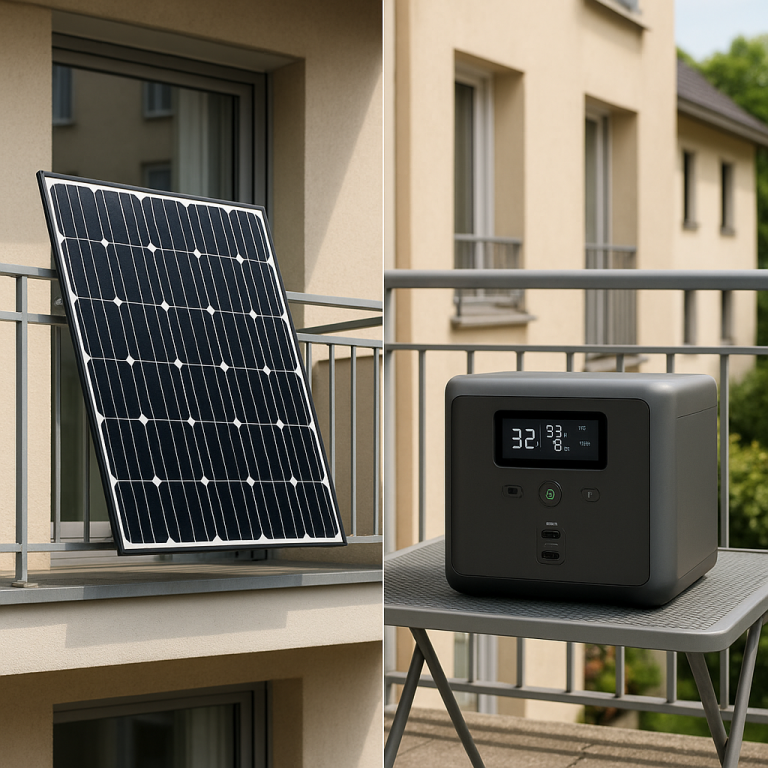
Compare portable and balcony solar power solutions for renters in Europe. Learn which option offers better efficiency, mobility, and ROI in 2025.
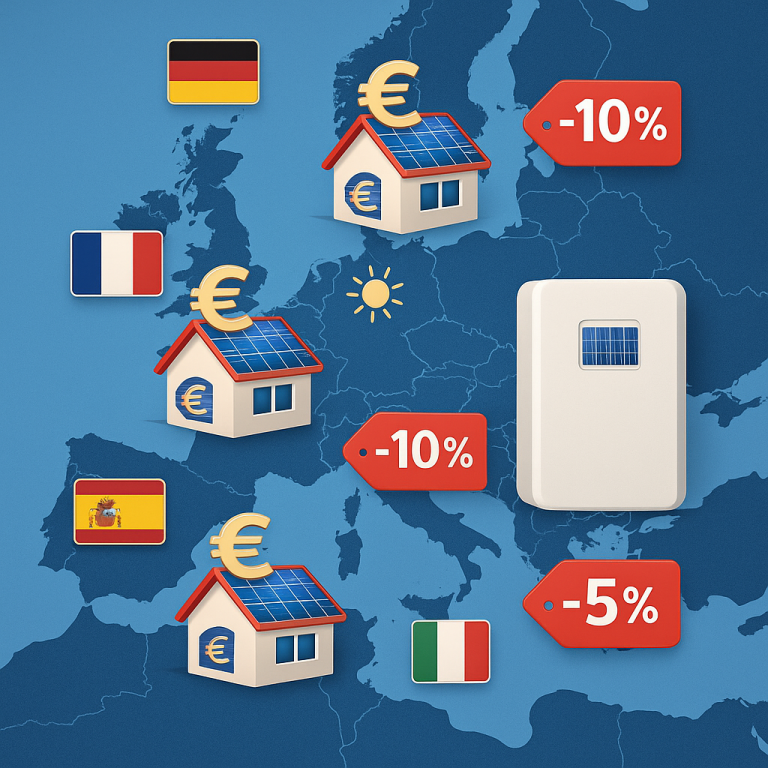
Discover the latest solar energy subsidies, tax credits, and grant programs across Europe. Learn how to reduce installation costs in 2025.
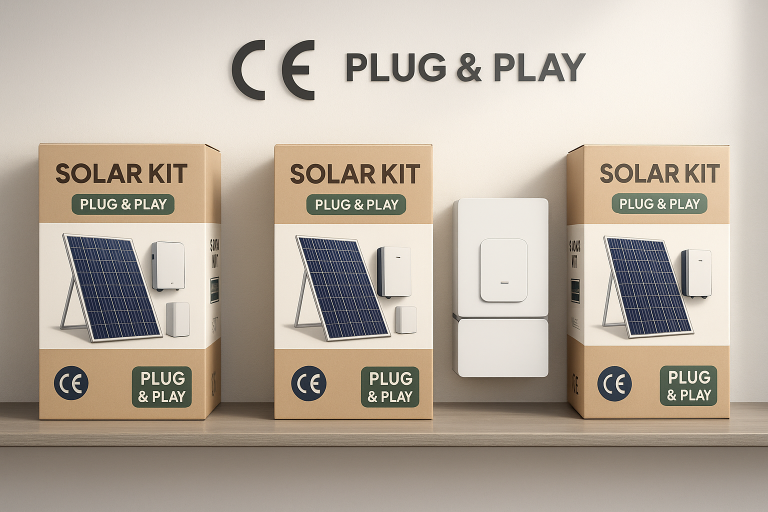
Discover the top 5 beginner-friendly plug-and-play solar kits available in Europe. Compare output, certifications, installation ease, and pricing.
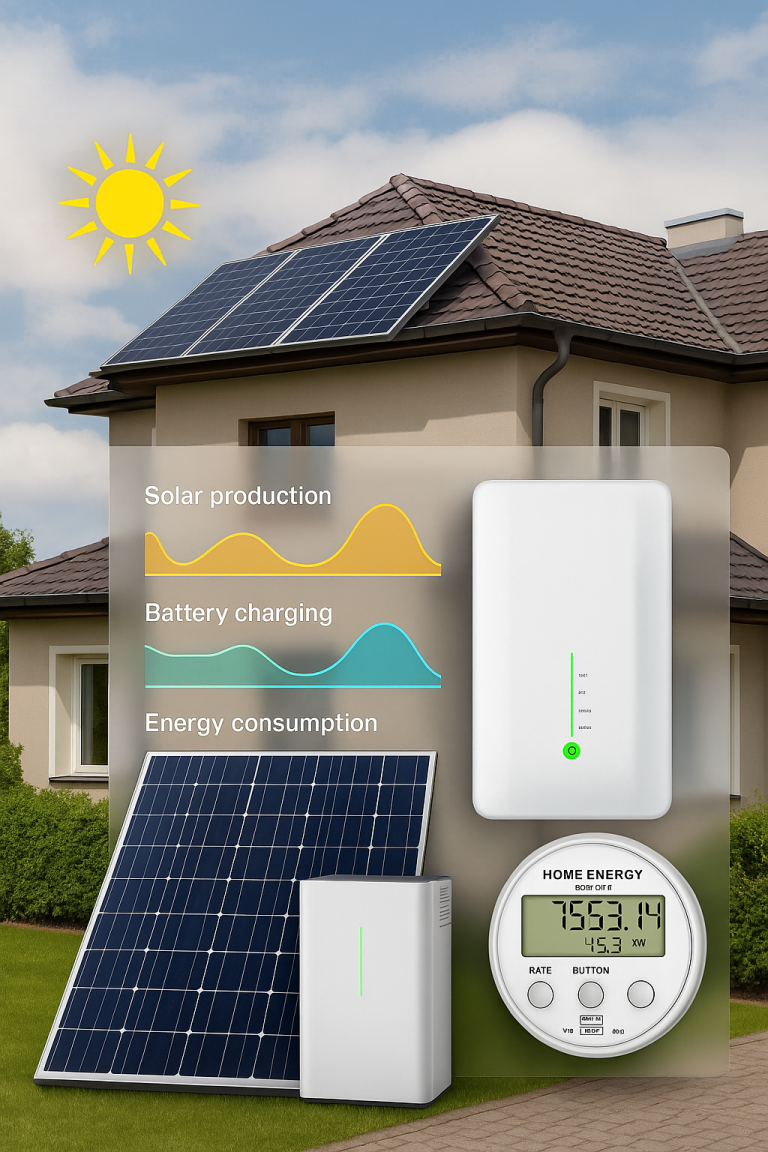
Learn how to calculate the right solar system size in kWh for your European home. Includes energy usage tips, panel power charts, and storage matching.
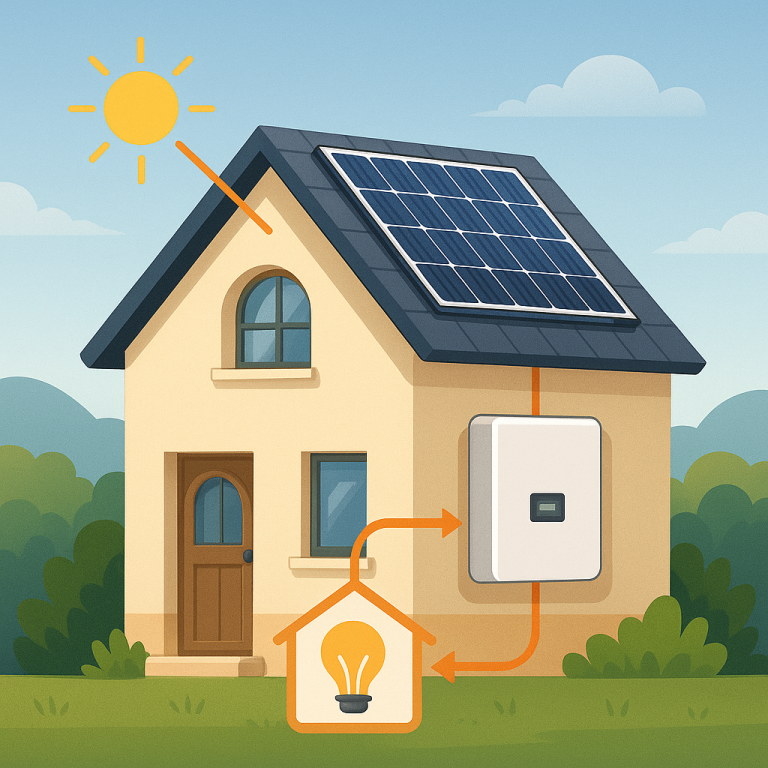
Discover the top battery storage systems for small houses and apartments in Europe. Learn about LiFePO4, capacity sizing, EU certification, and pricing.
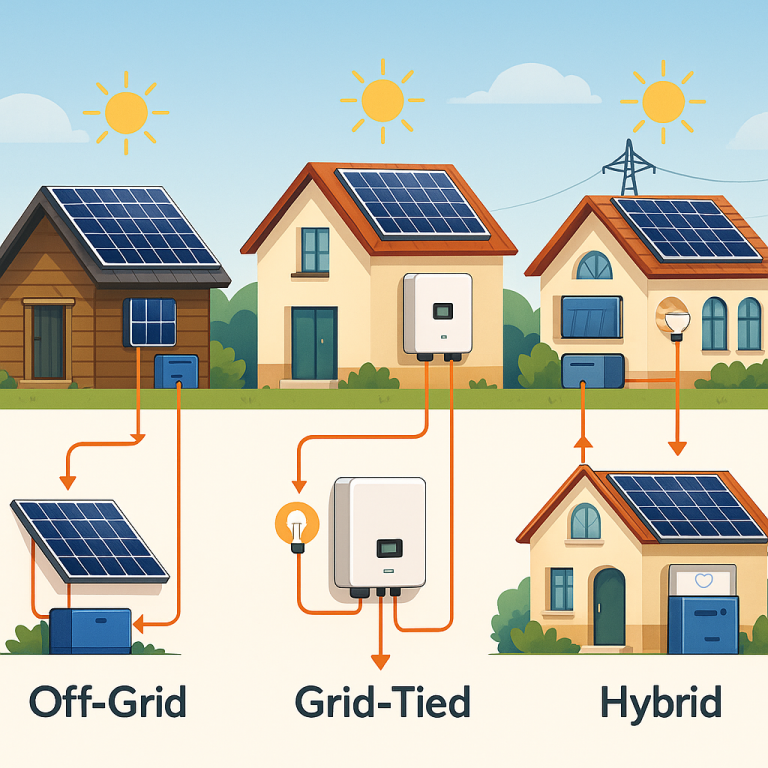
Learn the pros, cons, and use cases of off-grid, on-grid, and hybrid solar systems for homes in Europe. Compare performance, cost, and energy independence.
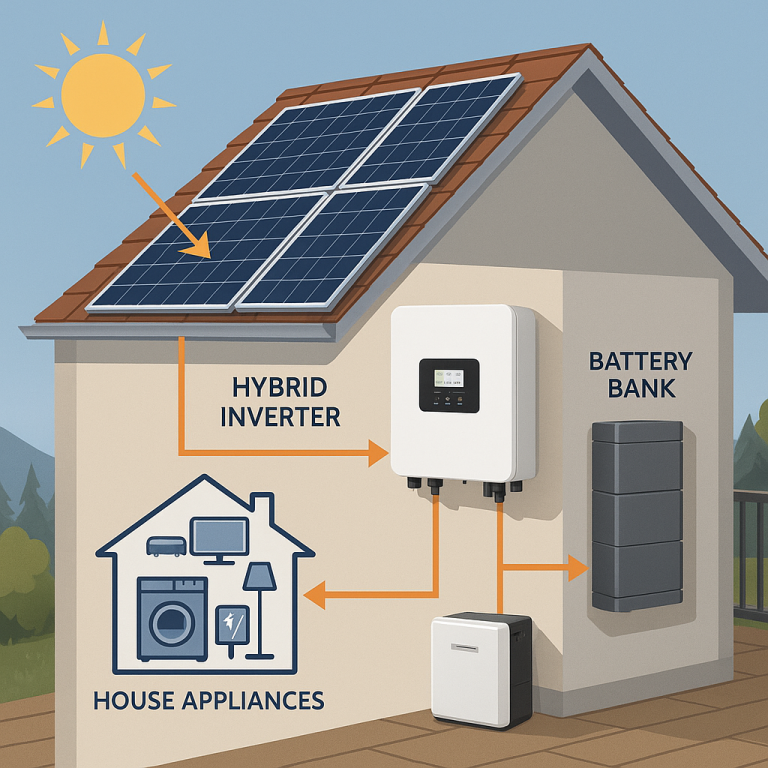
Learn what a hybrid inverter is, how it works with solar panels and batteries, and when it’s the best choice for your residential energy system.
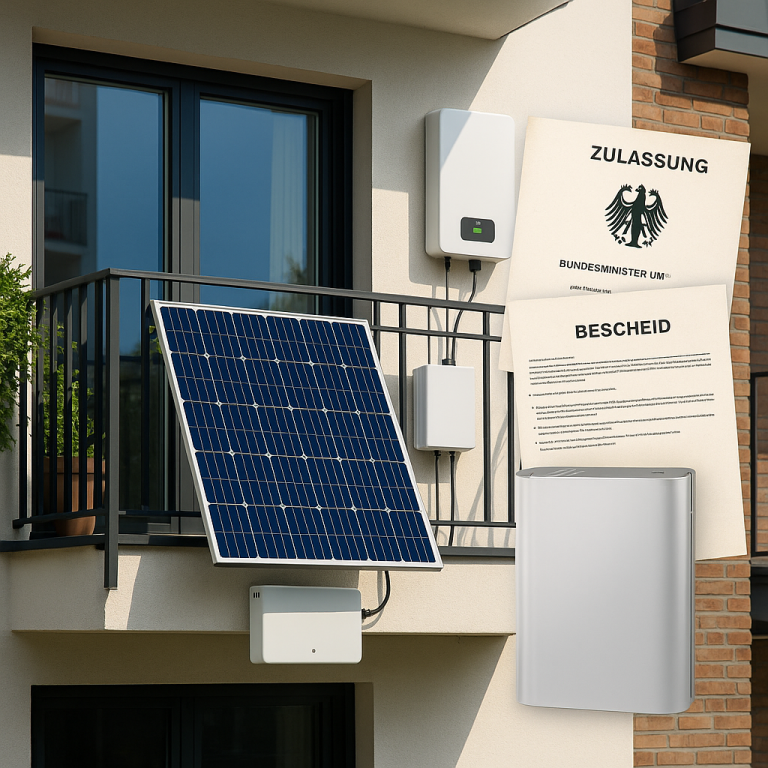
A clear guide to the legality of plug & play balcony solar kits in Germany for 2025. Learn about registration, inverter rules, grid compliance, and EU standards.








